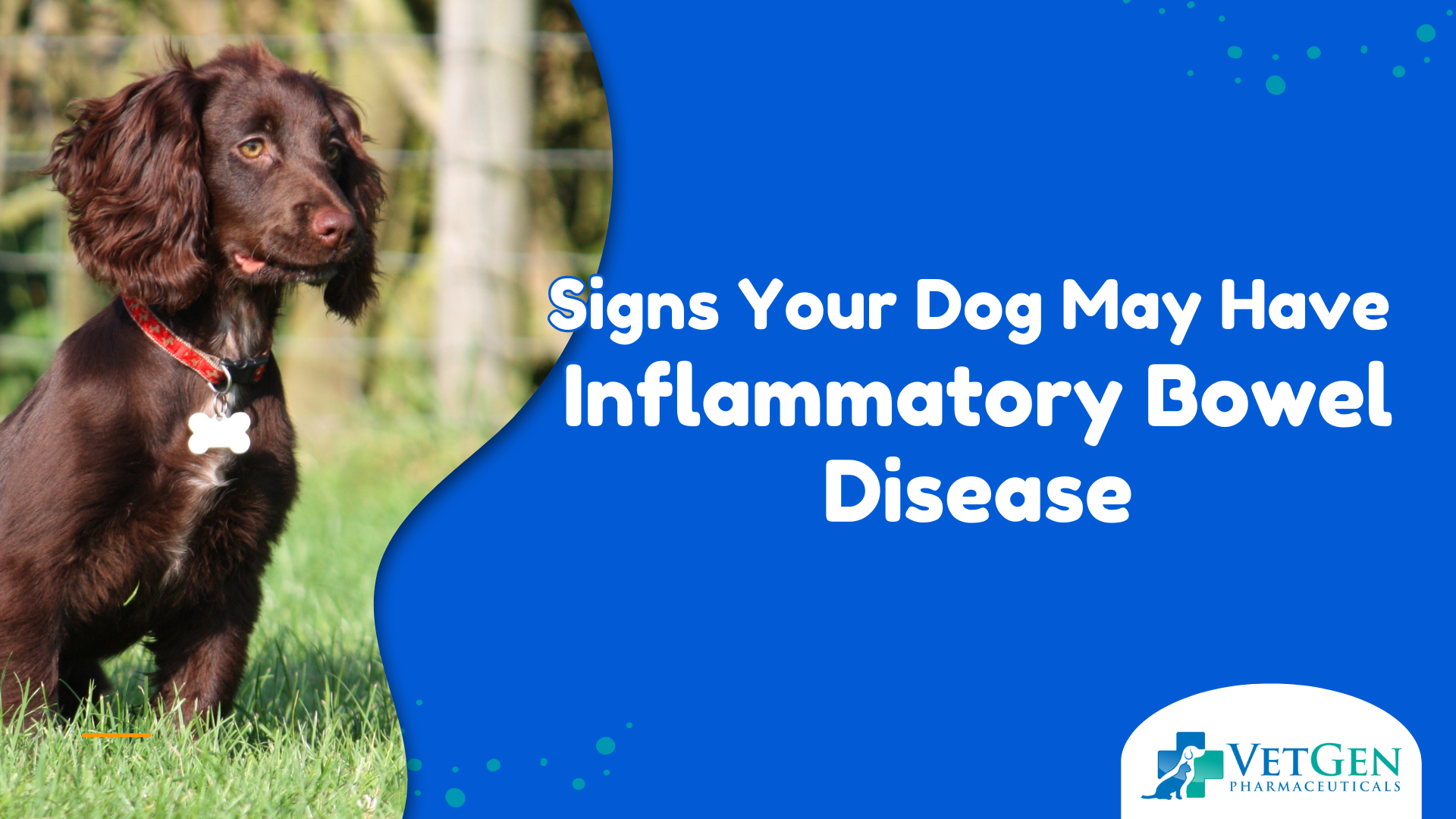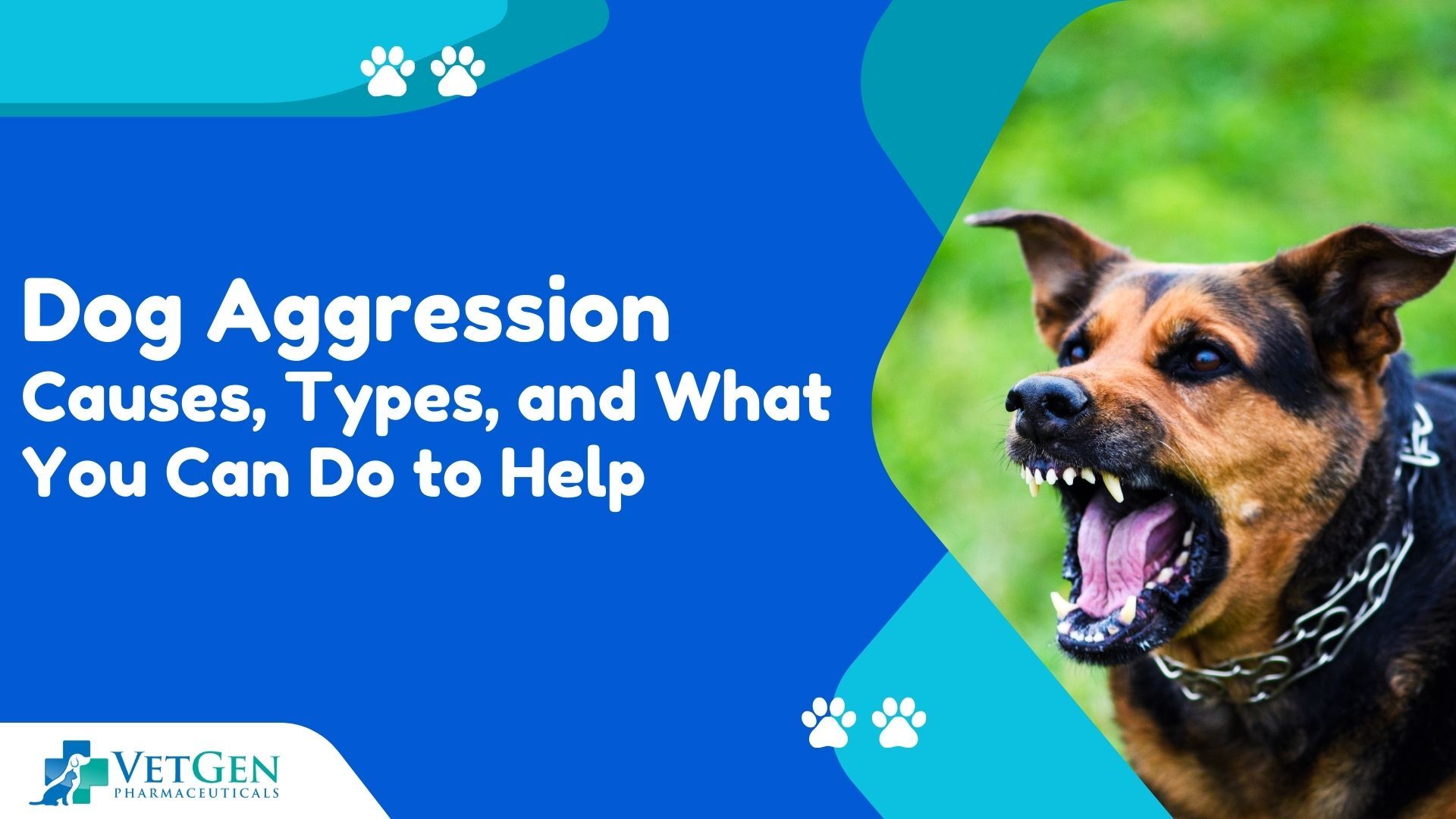Table of Contents
As a devoted dog parent, you’ve probably experienced those moments when your dog just doesn’t seem quite right. Maybe they’re not as excited about their favorite treats, or they’re spending more time curled up in their bed than usual.
It’s during these times that our protective instincts kick into high gear, and we start wondering if there’s something more serious going on. One condition that often flies under the radar but can significantly impact our canine companions is Inflammatory Bowel Disease (IBD). In this guide, we’ll explore the signs that your dog may be dealing with IBD, and what you can do to help them feel better.
What does IBD Mean?
IBD is a chronic illness that produces a plethora of painful symptoms due to inflammation in the digestive tract in dogs.
IBD is one of the most frequent causes of long-term gastrointestinal problems in dogs, per a study that was published in the Journal of Veterinary Internal Medicine. Actually, it’s thought that between 1% and 2% of all dogs will experience IBD at some point in their lives.
It is widely believed that the underlying mechanisms responsible for the development of IBD in dogs involve cross talk between the immune system and the intestinal microbiota as well as genetic and environmental influences. This can have a great impact on a dog’s digestion.
A research which appeared in Veterinary Immunology and Immunopathology by NCBI pointed out how dogs suffering from IBD differ in terms of gut flora from normal canines. This means the body’s internal processing is in disarray and the good bacteria in their stomachs are outnumbered by the bad ones that cause inflammation and all those symptoms that we spoke about earlier.
Signs That Your Dog Is Suffering From IBD
Well, here are some signs that your dog might be dealing with IBD:
- Weight Loss: Unexplained weight loss is a common sign of IBD. If they are frequently hungry and losing weight, you should go and visit your veterinarian.
- The Poop Predicament: If your dog gets diarrhea, or if they’re going more often than before and leaving sudsy brown piles instead of firm nuggets, they may have IBD. On the other side, constipation can also be a symptom.
- Vomiting: Diarrhea and vomiting often, if the vomit has not been well digested or has bile, then the dog is likely to have IBD.
- Unhealthy Gut: Abrupt and loud gurgling or rumbling sounds that emanate from the abdomen part of your dog could be a sign that your pet is suffering from digestive problems.
- Picky Eater: Another symptom that one can expect with IBD is the lack of appetite. Especially if your dog has a tendency of eating a lot or frequently.
- Less Energy: Fatigue and loss of energy may be indications that something is wrong in your dog’s digestion.
- Gas: Another sign that may come with IBD is flatulence and excessive production of gas.
Which Dog Breeds Are More Likely to Develop IBD?
While any dog can develop IBD and have other dog digestion issues, some breeds seem to be more prone to it than others. According to research published in the Journal of Veterinary Internal Medicine, the following breeds may be at higher risk:
- German Shepherds
- Boxers
- Rottweilers
- French Bulldogs
- Basenjis
- Soft-Coated Wheaten Terriers
Living with a Dog with IBD: Tips for Pet Parents
Caring for a dog with IBD can be challenging, but with the right approach, you can help your dog live a full and happy life. Here are some tips to keep in mind:
- Stick to the Diet: Once you’ve found a diet that works for your dog, stick to it. Avoid giving table scraps or other foods that might upset their sensitive stomach.
- Keep a Symptom Diary: This can help you and your vet track your dog’s progress and identify any potential triggers.
- Reduce Stress: Stress can exacerbate IBD symptoms. Try to maintain a calm environment and stick to a consistent routine.
- Regular Vet Check-ups: Regular monitoring can help catch any flare-ups early and adjust treatment as needed.
- Be Patient: Managing IBD is often a process of trial and error. It may take some time to find the right combination of diet and medications for your dog.
- Consider Supplements: Some dogs may benefit from supplements like probiotics or omega-3 fatty acids. Always consult with your vet before adding any supplements to your dog’s regimen.
Conclusion
It is not easy to take care of a dog with IBD but it is important to note that you are in the journey together with your pet. As many people have asserted it is quite clear that no two dogs are the same so what may benefit one may harm another one. Just take your time and be alert; do not be quick to contact your vet if you do not see any changes in your pet’s behavior.
Frequently Asked Questions
1. Can IBD in dogs be cured?
While IBD can’t be cured, it can often be managed effectively with proper treatment, allowing your dog to live a comfortable life.
2. Is IBD in dogs painful?
IBD can cause discomfort and pain for dogs, particularly during flare-ups. This is why proper management is so important.
3. Can IBD in dogs come on suddenly?
While IBD is a chronic condition, symptoms can sometimes appear to come on suddenly. Often, milder symptoms may have been present but unnoticed for some time.
4. How long can a dog live with inflammatory bowel disease?
With proper management, many dogs with IBD can live normal lifespans. The prognosis depends on the severity of the condition and how well it responds to treatment.








